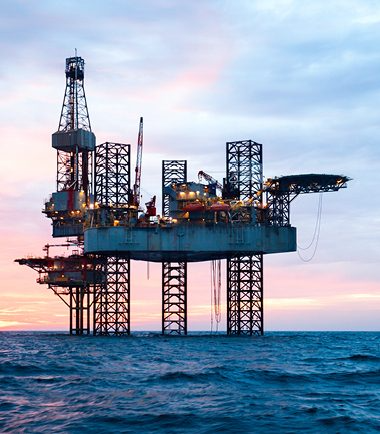The oil and gas industry plays a critical role in powering the global economy, providing fuel for transportation, heating, and electricity generation. However, due to its strategic importance and vast infrastructure, this industry faces numerous security challenges. Protecting oil and gas facilities, pipelines, and personnel is of paramount importance to ensure the continuous flow of energy and maintain economic stability. In this article, we delve into the significance of oil & gas security for different industries and the measures taken to safeguard its assets.
Protection of critical infrastructure:
Oil and gas facilities, such as refineries, drilling rigs, and pipelines, are considered critical infrastructure due to their strategic importance. Disruptions to these facilities can have far-reaching consequences, affecting energy supplies, transportation networks, and national security. Securing these assets from physical and cyber threats is essential to prevent potential disruptions and ensure a stable energy supply chain.
Prevention of theft and vandalism:
Oil and gas facilities, particularly those in remote or poorly monitored areas, are susceptible to theft and vandalism. Criminal organizations may attempt to siphon or steal valuable oil or gas, causing significant financial losses to the industry. Comprehensive security measures, including surveillance systems, access controls, and security patrols, help deter such criminal activities and protect valuable resources.
Safety of personnel:
The safety and well-being of oil and gas personnel are paramount. Working in challenging environments, such as offshore platforms or remote drilling sites, exposes employees to various risks. Implementing stringent safety protocols, emergency response plans, and proper training ensures that personnel can respond effectively to emergencies and reduce the potential for accidents.
Preventing acts of terrorism:
Oil and gas facilities are potential targets for terrorist organizations seeking to disrupt economies and create fear. Acts of terrorism can have severe consequences, both economically and socially. Implementing robust security measures, conducting risk assessments, and collaborating with law enforcement agencies is vital in preventing and mitigating the impact of potential terrorist threats.
Cybersecurity challenges:
In today’s digital age, oil and gas companies are increasingly reliant on digital systems for operations, automation, and communication. This dependence on technology exposes the industry to cyber threats such as hacking, data breaches, and ransomware attacks. Ensuring robust cybersecurity measures is crucial to protect sensitive information, and operational integrity, and prevent unauthorized access to critical systems.
